6 Reasons for Incoming Students to Join the Common Read Experience
There is nothing better than the excitement that comes with talking about a similar interest with someone new. Whether it is a sport, hobby, celebrity idol or favorite spot to eat on campus, shared passions are the best foundations to a friendship. Luckily for all incoming Bearcats, Binghamton University’s Common Read Experience provides a book for participants to read and discuss together. So, if you are looking for a way to learn something new and meet like-minded individuals, the Common Read is the perfect program for you. Keep reading for more reasons to join and exciting information on this year’s program.
1. Introduction to Intellectual Conversations
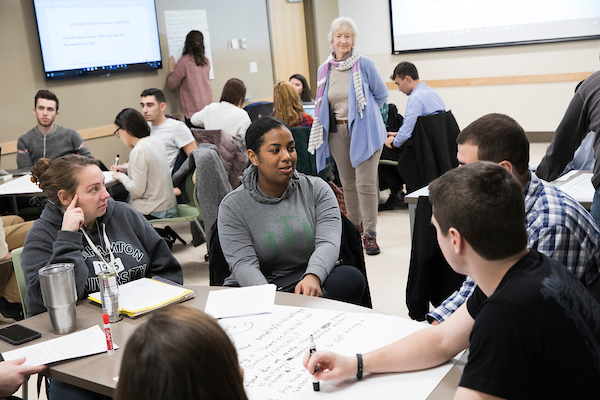
Transitioning from high school- to college-level material can be overwhelming for many students. The best way to stay on top of your assignments and ace those exams is learning study methods, critical analysis while reading and notetaking strategies. The Common Read Experience is the perfect opportunity to gear yourself up for the college experience intellectually and academically before the semester begins. You will discuss and learn big ideas, which will make your classes seem far less nerve-wracking!
2. New perspectives on diversity and inequality
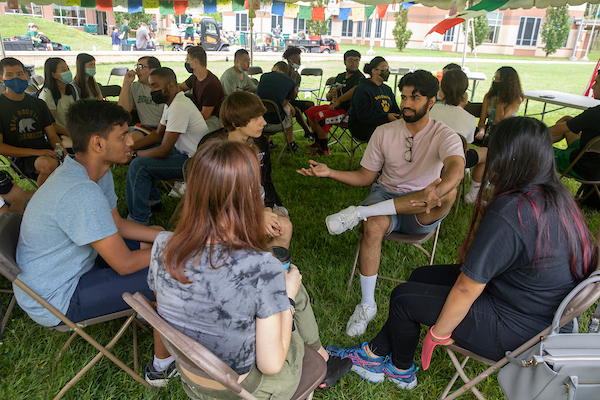
I believe the best ways to learn are to read plenty of books and engage in conversations with others. The Common Read Experience offers just that, with conversations about a new book each year on a specific topic aiming to embrace diversity and educate students about inequality. This year’s title, “I Never Thought of It That Way” by Monica Guzman, students will emerge from the Common Read with actionable takeaways and better equipped to engage with diverse viewpoints, learn from others, and discuss differing viewpoints in a civil manner.
3. Group activities when you arrive on campus
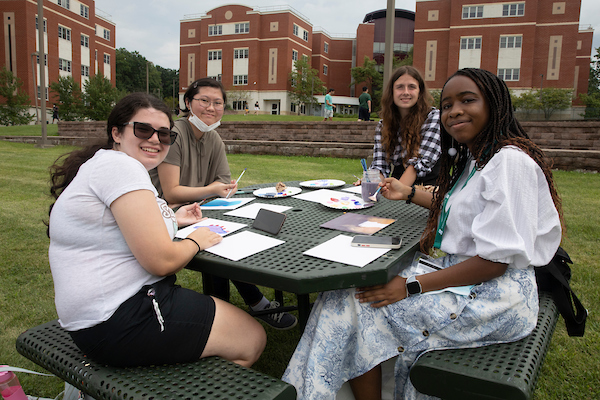
It took me a bit of time to find the perfect club at Binghamton University for me, but the Common Reads provide activities and events during Welcome Week. It is a fast and enjoyable way to meet people the first week at school before you explore all that campus has to offer. Even better, you and your friends from Common Reads can go to University Fest and sign up for clubs together!
4. Reviewers have raved about this book

Nothing is worse than a boring book that just seems to drag on forever. The good news is this book has received nothing but praise! The New York Times Book Review approved of this year’s Common Read, saying “Guzman’s book is a manual for difficult conversations between people who find themselves at opposite ends of the political spectrum, an investigation into the sources of polarization and a road map for marching out of dicey territory.”
5. Meet Professors
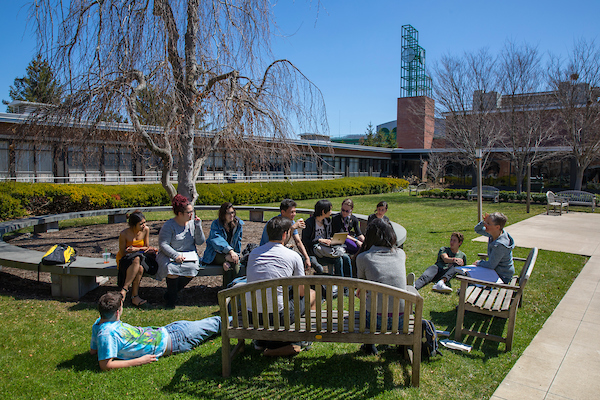
Everyone always advises students to connect with professors outside of the classroom, so why not meet a few before the school year even starts? The Common Read hosts programs and events in the residential communities during Welcome Week. These talks are facilitated by the collegiate professors to engage students with the book. This program is a great way to build connections and a community with professors and students before and during the semester.
6. Stay in contact with new friends all semester
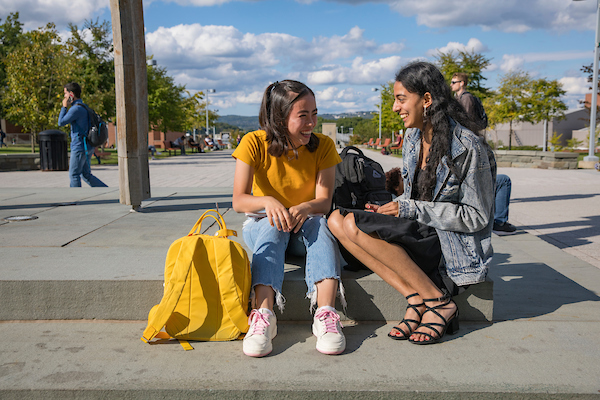
In your first year, it feels like you are meeting new people every other day. It can be hard to stay in touch with people and build long-lasting friendships from quick conversations after class. The Common Reads Experience continues throughout the fall semester, giving you the chance to talk and hang out with the same group of students multiple times through a variety of programming and engagement activities!
Isabella Cavallo is a senior majoring in literature & rhetoric at Binghamton University. She writes articles for Pipe Dream, Her Campus, and the University’s blog and news page. When she’s not writing, Bella is typically thrifting, playing piano, painting or forcing her friends to a game of Bananagrams.
Have questions, comments or concerns about the blog? Email us at social@binghamton.edu.